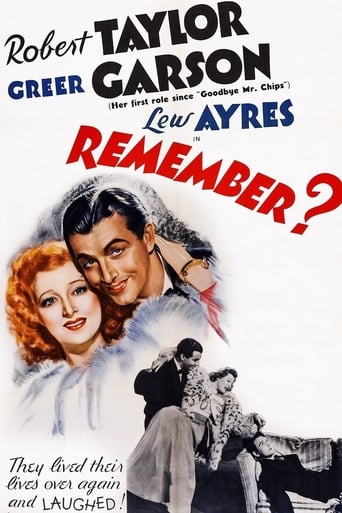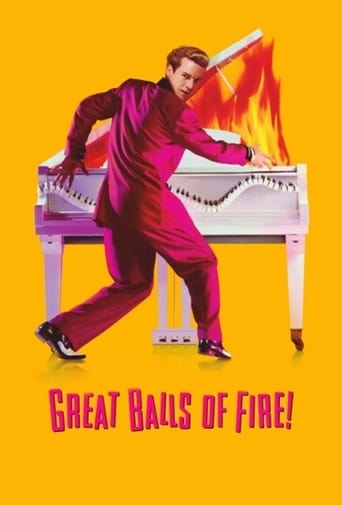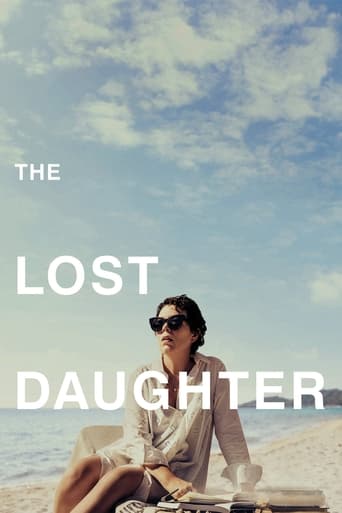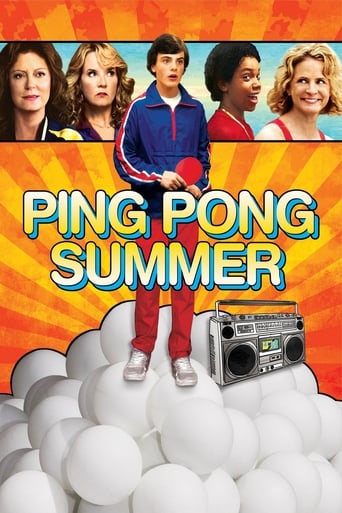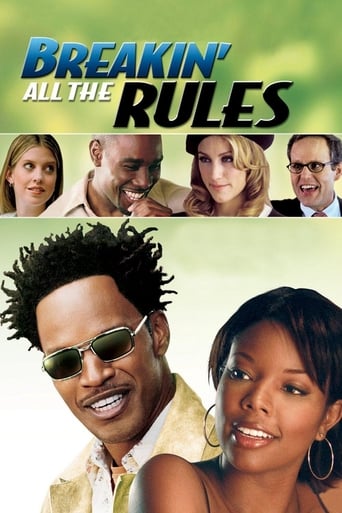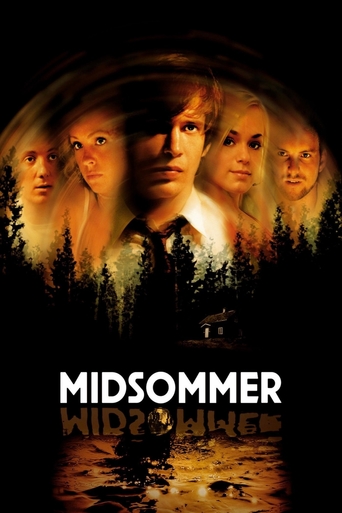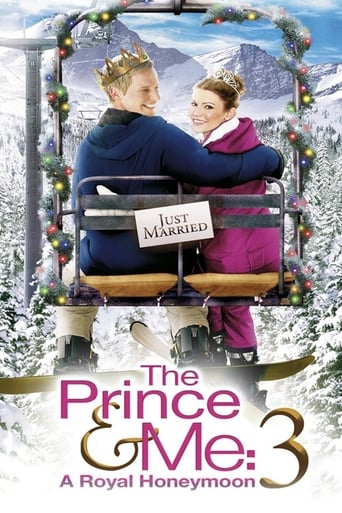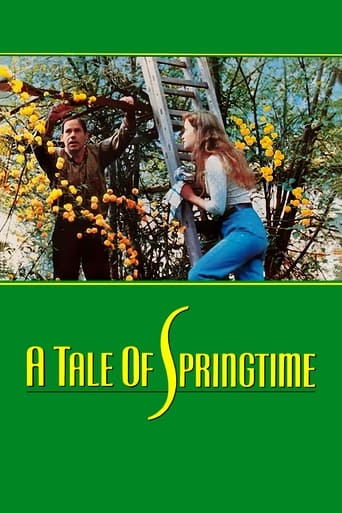
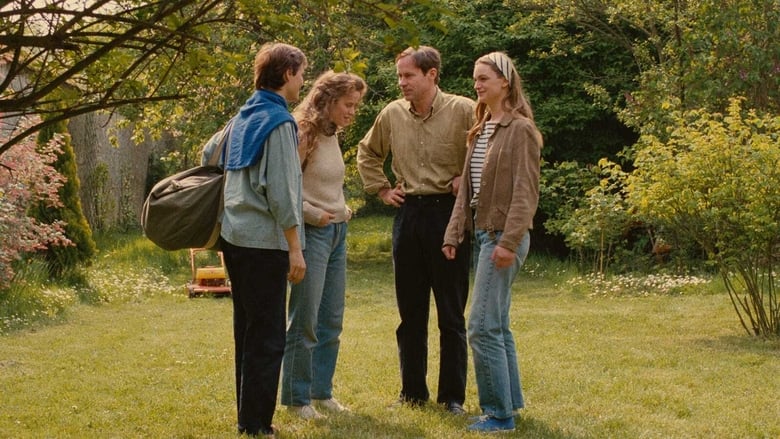
A Tale of Springtime (1992)
The story of an introverted young girl just reaching adulthood who takes a liking to an older woman she meets at a party and determines to match her off with her father, despite the latter's already having a lover of his own.
Watch Trailer
Cast


Similar titles
Reviews
From the beginning of this film to the end Jeanne is constantly displaced. The first scene has her returning to her own apartment after a long absence to find the cousin she was allowing to borrow the place is still there in spite of her agreement to leave a day or two previously. Although she desperately wants to return to the order of her own place she pretends that she was just stopping by to pick something up on her way back to the place she shares with her out of town boyfriend. However, she does not feel comfortable returning to this disordered place so to avoid it as long as possible she goes to the party of a former acquaintance. Here she meets Natasha and the plot gets started.Natasha lives alone in a big apartment and she invites Jeanne to stay with her a few days. Jeanne mostly feels out of place here as well but her two day stay stretches into something like ten before she is finally able to return home. During this time she grows increasingly agitated which causes her to act distrustful and paranoid. Unfortunately, her new friend Natasha is acting much the same way toward her father's current love interest and the combination of a negative atmosphere and her own paranoia put her in a rather unpleasant situation.In spite of the general tension of the plot, A Tale of Springtime ends on a very upbeat note that suggests most of the distrust the characters felt toward one another was unfounded. Indeed, the blossoming of new relationships and the general happiness of the characters make Spring a fitting setting for the film. Still, I couldn't help but feel that this wasn't one of Rohmer's strongest efforts: sure, the characters were just as natural as ever and the dialog was even more chock full of interesting ideas than usual but the cinematography wasn't all that special. All things considered, I would say this was quite good but nowhere near the best Rohmer has offered.
It may seem strange that with all the great Rohmer films to choose from, that this would be my favorite. After all, it is a slow moving film, with a threadbare plot, even by Rohmer standards, and yet completely enchants me. Jeanne, the main character, is an ordinary, middle-class woman, at the start of her career as a teacher, at the start of a relationship with Mathieu (whom we never see) still trying to figure her life out. She recognizes her own shortcomings, she thinks too much, she's not able to confide in others and she is sometimes too accommodating to people. Yet she is a noble character, with great integrity and kindness.There is a wonderful little scene in Natasha's apartment. Jeanne is grading papers in the dining room as Natasha comes home from school, and in the kitchen, the living and Natasha's bedroom are flowers Jeanne has bought to thank Natasha for her kindness. Natasha, in return, is so touched by Jeanne's act of kindness that she can barely contain herself. This one little scene shows so much. Jeanne's dedication as a teacher, her kindness to people, and flowers to herald in the first days of spring.As their situations develop, and really there is no reason to speak of the plot, there is a deepening bond as the viewer spends more time with the characters, in simple things, doing simple chores, cutting potatoes, folding clothes, listening to music, and paying attention to what is said, and not said, in their conversations, and at the end of the movie, you seem to have made some very good friends. It's a wonderful thing to be touched by art, but it is more wonderful, I think, to be touched by ordinary life and ordinary people. By not attempting to, Rohmer has made a masterpiece.
Eric Rohmer has a lot to answer for; he has probably inspired more inept would-be film directors than anyone living. The problem is that you watch a Rohmer film - and A Tale Of Springtime is a prime example -and say to yourself, Jeez, I could do that and whilst the more mature and well-balanced leave it at that far too many untalented persuade the equally ungifted in charge of doling out Lottery money that they COULD do it and we wind up with far more banjo pics than we need.Rohmer's style - and I use the word loosely - is to cut abruptly a beat, or two or three, before a scene reaches a natural conclusion, pad out the story, when he deigns to provide one, with meaningless shots - in this case a country road viewed from the perspective of a car driver/passenger which contributes less than nothing to whatever is going on - or even better he'll have two people in a car - again as here - and one will give a direction like 'turn left at the river' and in the next shot they have, presumably, reached their destination some 35 miles away, the car is nowhere in sight, they are in a garden and we have to ASSUME the garden belongs to the cottage to which they were driving. More? Okay, how about a rambling philosophical discussion over dinner, four main actors who seem to be reacting to dialogue/situations from at least four different and unconnected films and a 'missing' necklace ultimately located in one of the most improbable and risible scenes in cinematic history.On the other hand they'll love it in the Groves of Academe and in those Pseuds Corners otherwise known as the 'culture' programmes on television. If you like disciplined film-making, a strong story told in the 'old-fashioned' grammatical way, i.e. Master Shot, Long Shot, Mid Shot, Two-Shot, Three-Shot seamlessly interspersed with Fades, Dissolves and Cuts then this one will give you nightmares.
Jeanne, a charming woman in her thirties, meets Natasha, a college student at a party and they strike up an unlikely friendship Bored with the party, they return to Natasha's apartment in Paris where her father's frequent absence allows her to invite Jeanne to stay for a week. While some thoughts may run to deviance or intrigue, A Tale of Springtime is Eric Rohmer territory and that means sparkling conversation, complex characters, and a slowly unfolding plot in which everyone discovers something new about themselves. Springtime is the first of Rohmer's Four Seasons series and, while we may not always be sure where we are going, we are always sure that there is an artist in firm control.Both Jeanne and Natasha are smart and well spoken but each seems vaguely dissatisfied with their life. Jeanne (Anne Teyssedre), a philosophy teacher in high school, has lent her apartment to her cousin but refuses to stay at her boyfriend's place because of his inclination toward disorder and cannot quite come to terms with the question of whether or not she is in love with him. Natasha (Florence Darel) is a very talented pianist with romance and matchmaking on her mind; however, she is resentful of her divorced father's girlfriend Eve (Eloise Bennett), and has some serious thoughts about lining her father Igor (Hugues Quester) up with Jeanne.Outwardly sweet but inwardly manipulative, Natasha suspects that Eve has stolen a family necklace that her father promised to her and tells the story to Jeanne, hoping to turn the teacher against her father's lover. When Igor shows up for a rare family dinner, all four participate in a philosophical conversation that leads to a clash of personalities. Each tries to impress the other with their knowledge and engage in some banter about Kantian philosophy, and it is easy to get lost among all the priori's and the posteriori's. The scene, however, is not really about philosophy but about how each character is revealed through their reactions and responses. Igor and Jeanne are attracted to each other but are leery of being manipulated. They cannot really be with each other because of that little voice chattering away in the back of their minds telling them to be cautious. As Jeanne says, "I spend too much time thinking about thought".Unlike most Rohmer works, music is very much a part of this film, and the use of Beethoven's lilting Spring Sonata provides just the right touch. Though not on the top rung of Rohmer's films, A Tale of Springtime is a wonderfully entertaining way to spend two hours. It stands as a perfect example of how our considerations can sometimes get in the way of our aliveness and true self-interest. Characteristic of Rohmer, while each character is flawed and a bit lacking in self-awareness, they are very human and we identify their foibles as our own. By the end of the film, they have become a part of our lives.





